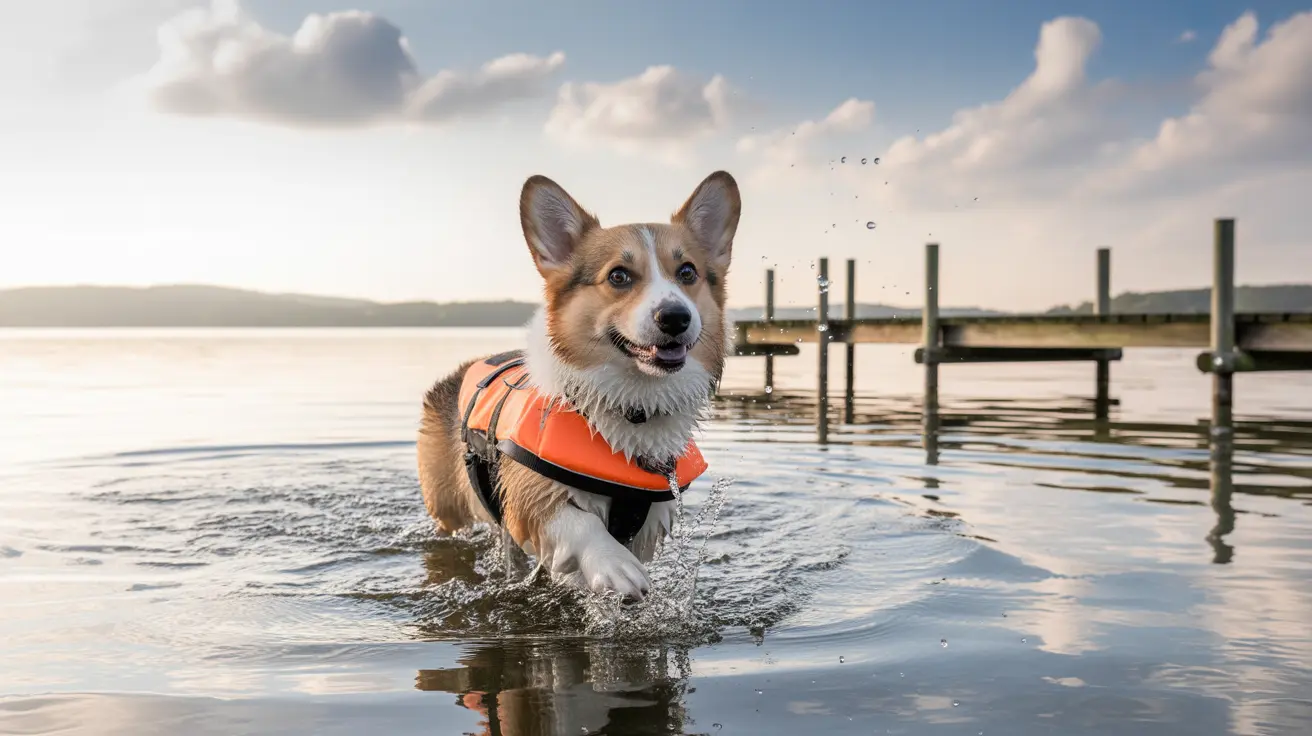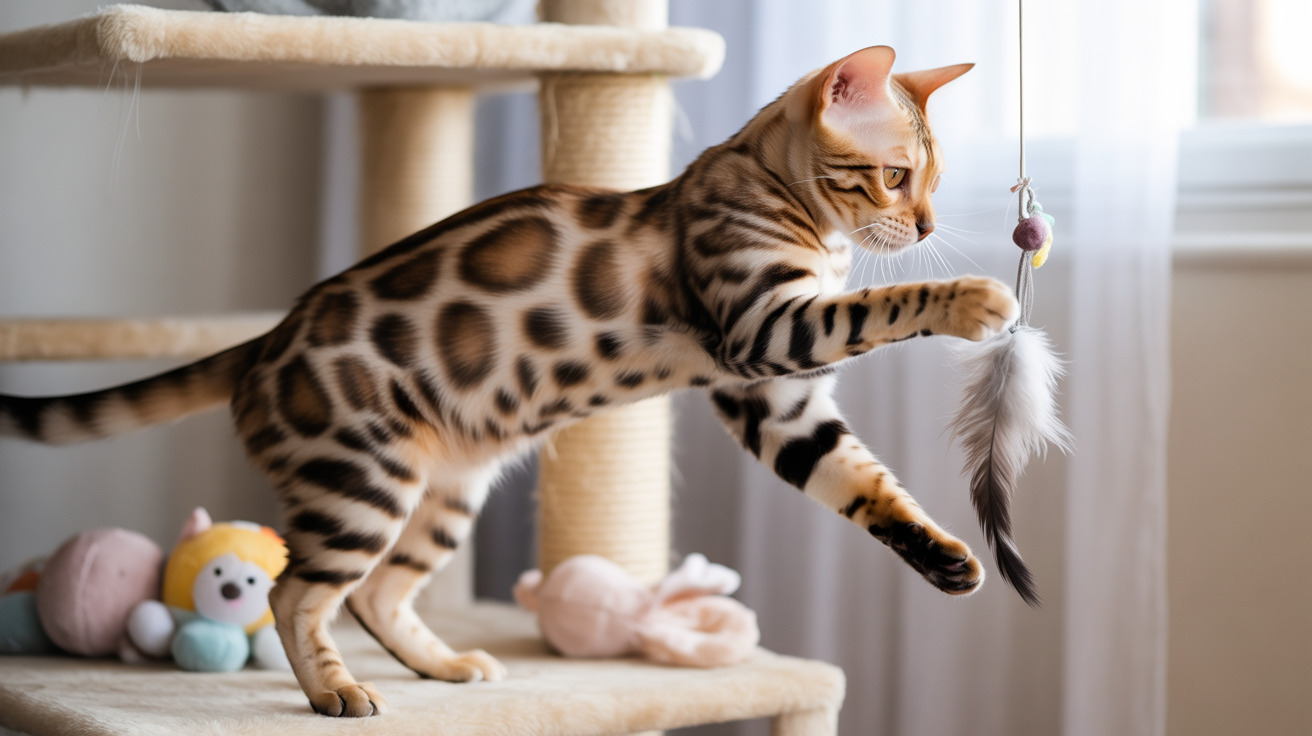While Corgis aren't natural water dogs like Labrador Retrievers, these beloved herding dogs can indeed swim - with some important considerations. Their unique body structure, featuring short legs and long bodies, presents specific challenges that every Corgi owner should understand before introducing their pet to water activities.
In this comprehensive guide, we'll explore everything you need to know about Corgis and swimming, including safety measures, training tips, and how to make water activities enjoyable for your short-legged companion.
Understanding Corgi Swimming Capabilities
Corgis have a distinctive body structure that affects their swimming ability. Their short legs, long backs, and deep chests create a unique set of challenges in the water. While they can paddle and stay afloat, they typically need to work harder than longer-legged breeds to maintain buoyancy.
Individual Corgis vary greatly in their swimming abilities and interest in water. Some may take to swimming naturally, while others might prefer to splash in shallow water or avoid it altogether.
Essential Safety Equipment for Swimming Corgis
Safety should always be your top priority when introducing your Corgi to water activities. A properly fitted dog life jacket is essential, even for Corgis who show confidence in the water. Look for these features in a life jacket:
- Sturdy handle for emergency lifting
- Bright colors for high visibility
- Adjustable straps for a secure fit
- Adequate buoyancy support
- Comfortable design that allows natural movement
Training Your Corgi to Swim
Introducing your Corgi to water should be a gradual, positive experience. Start with these steps:
- Begin in very shallow water
- Use positive reinforcement and treats
- Stay close and provide support
- Gradually increase water depth
- Keep sessions short to prevent fatigue
Water Safety Precautions
Swimming can be an enjoyable activity for Corgis, but certain safety measures are crucial:
- Never leave your Corgi unsupervised around water
- Ensure easy exit points from pools or water bodies
- Watch for signs of fatigue
- Choose calm, clean water environments
- Avoid strong currents and rough waters
After-Swimming Care
Proper post-swimming care helps prevent health issues and ensures your Corgi stays comfortable:
- Rinse thoroughly with fresh water
- Dry ears completely to prevent infections
- Check for skin irritation
- Brush out wet coat to prevent matting
- Monitor for signs of exhaustion
Alternative Water Activities
Not all Corgis will enjoy swimming, but they can still have fun with water through:
- Kiddie pools for supervised splashing
- Sprinkler play
- Shallow wade pools
- Water toy activities
- Beach walks (on leash)
Frequently Asked Questions
Can Corgis swim safely given their short legs and long bodies?
Yes, Corgis can swim, but their unique body structure means they need extra support and supervision. A well-fitted life jacket is recommended to help them maintain proper buoyancy and prevent fatigue.
What safety precautions should I take when letting my Corgi swim?
Always use a life jacket, supervise closely, ensure easy exit points from the water, start in shallow areas, and watch for signs of fatigue. Never leave your Corgi unattended near water.
How can I introduce my Corgi to swimming without causing fear or stress?
Start gradually in very shallow water, use positive reinforcement, keep sessions short, and never force your Corgi into the water. Let them explore at their own pace while providing support and encouragement.
Are life jackets necessary for Corgis when swimming or playing in water?
Yes, life jackets are strongly recommended for Corgis during water activities. They provide extra buoyancy support and help compensate for the breed's physical structure that makes swimming more challenging.
What are the best water activities for a Corgi that may not be a strong swimmer?
Shallow water play, kiddie pools, sprinkler games, and supervised beach walks are excellent alternatives for Corgis who aren't strong swimmers or prefer not to swim in deeper water.
Remember, every Corgi is unique, and while some may become confident swimmers with proper training and support, others might prefer to keep their paws firmly on the ground. Always respect your dog's preferences while ensuring their safety around water.






